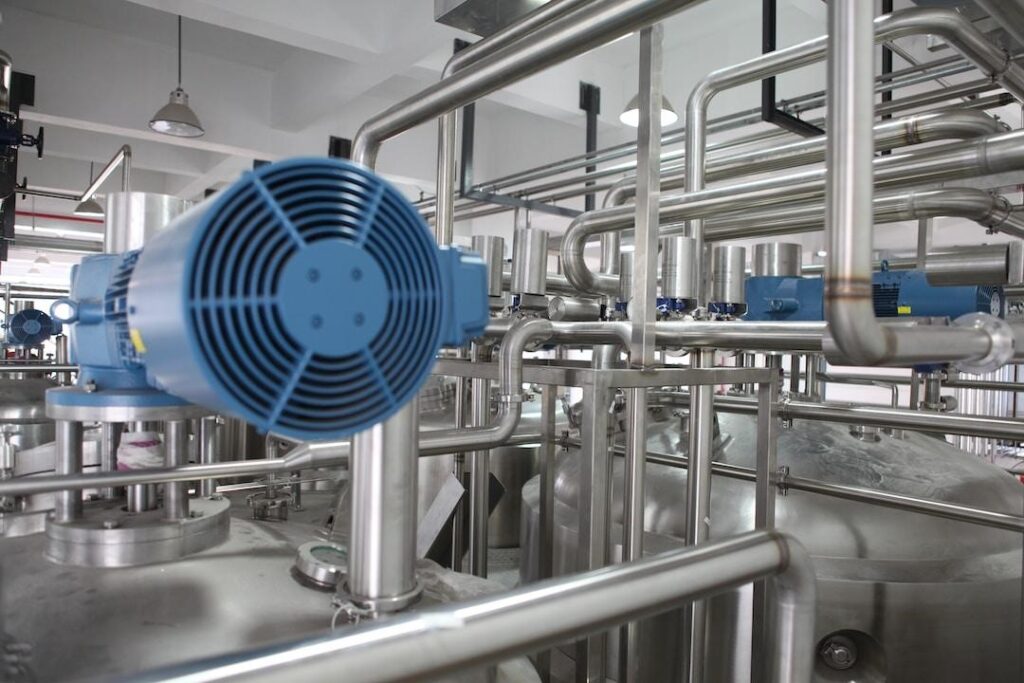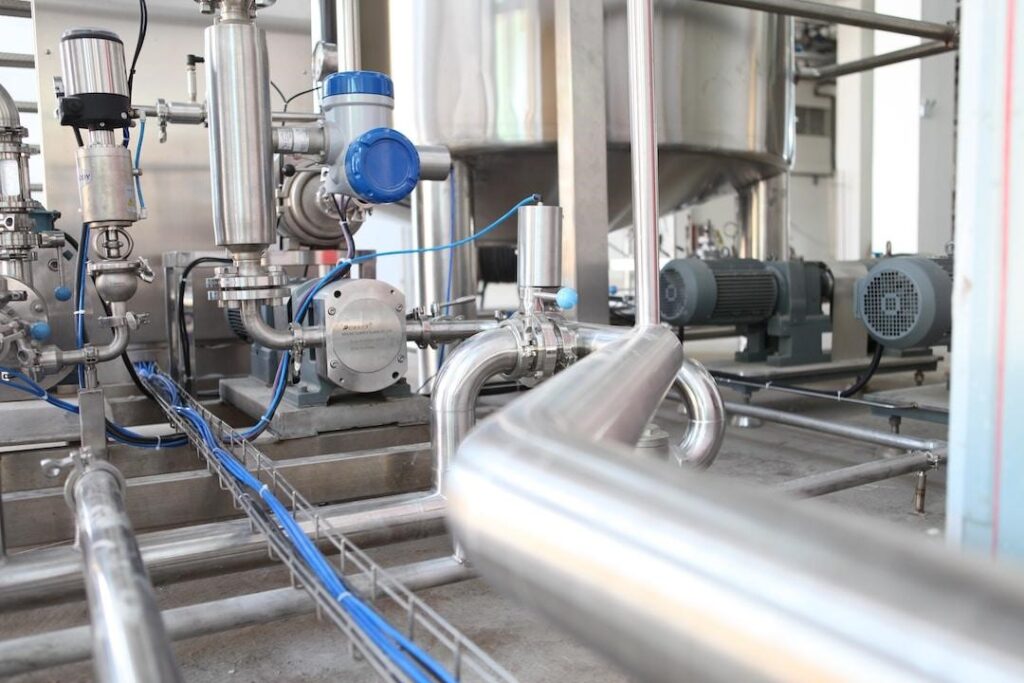As industries worldwide strive for sustainability, the market for used industrial equipment has become increasingly pivotal in environmental conservation efforts. When businesses opt for pre-owned machinery over new models, they engage in a cycle of reuse that significantly diminishes the ecological footprint of manufacturing processes. Not only does this practice conserve resources but also reduces waste and energy consumption associated with producing new equipment. Below, we explore the numerous ways these practices contribute to a healthier planet.
The Role of Used Industrial Equipment in Reducing Manufacturing Waste

Reducing waste is a primary concern in the quest for more sustainable manufacturing. Used industrial equipment plays a crucial role in this mission by providing a second life to machines that might otherwise end up in landfills. By extending the service life of industrial assets like conveyors, chillers, and compressors, companies can avoid environmental harm from disposing of complex machinery, which often contains non-biodegradable materials and potentially harmful substances.
Moreover, the production of new industrial equipment demands considerable raw materials and energy. When businesses purchase used refrigeration equipment from Genemco, they bypass the need for additional resources and manufacturing steps that contribute to waste generation. This shift aids in waste reduction and promotes a circular economy where items are used for as long as possible.
Repurposing also applies to parts and components, not just complete machines. Used industrial equipment can be dismantled, and their parts can be reused in different applications, further conserving resources and minimizing waste. Businesses can find cost-effective replacement parts from Genemco, reducing their environmental impact and demonstrating a win-win situation for all stakeholders involved.
The resale market for industrial equipment can inspire innovation in design. Manufacturers may be incentivized to produce durable, long-lasting equipment that retains its value over time, knowing that there is a competitive market for used items.
Conserving Natural Resources Through Reusing and Repurposing Machinery
One of the significant environmental advantages of buying used industrial equipment is the conservation of natural resources. Manufacturing new machinery typically requires a substantial amount of raw materials—metals, plastics, and other commodities that could be conserved through reuse. By opting for used equipment, industries can directly reduce the demand for these finite resources.
In addition to saving raw materials, substantial energy savings are realized when repurposing pre-owned machinery like homogenizers and heat exchangers. The energy required to extract, refine, and process raw materials for new products is often considerably higher than the energy necessary to refurbish and maintain existing equipment.
Water is another resource that can be conserved by purchasing used equipment. Many manufacturing processes for new machinery require significant water use, which contributes to water scarcity problems in some regions. Reusing industrial machinery curtails this usage, protecting water reserves and reducing the industrial water footprint.
Extending the Life Cycle of Industrial Machinery and Its Environmental Impact

By extending the life cycle of industrial equipment, companies can have a substantial impact on the environment. The longer a piece of machinery is in use, the less often new equipment needs to be produced and the greater the reduction in overall manufacturing impact. This extension of the life cycle is central to the concept of sustainable use of resources.
The maintenance of used equipment also contributes to the reduction in environmental impact. Regular maintenance ensures machines operate efficiently, consuming less energy and reducing the likelihood of breakdowns that could result in wastage and costly replacements. Skilled repair and maintenance work can often extend the life of industrial machinery far beyond its expected service life, emphasizing a culture of repair over replacement.
Moreover, the extended use of machinery can lead to economic benefits that complement environmental ones. Cost savings from buying and maintaining used equipment can be redirected to other sustainability initiatives within a company, supporting a holistic approach to business sustainability. Such investment can foster innovation in both environmental measures and industrial efficiency.
By choosing pre-owned machinery, businesses practice fiscal responsibility and embrace ecological stewardship. The cumulative effect of such choices can lead to substantial positive impacts on our environment, supporting a more sustainable industrial future.











